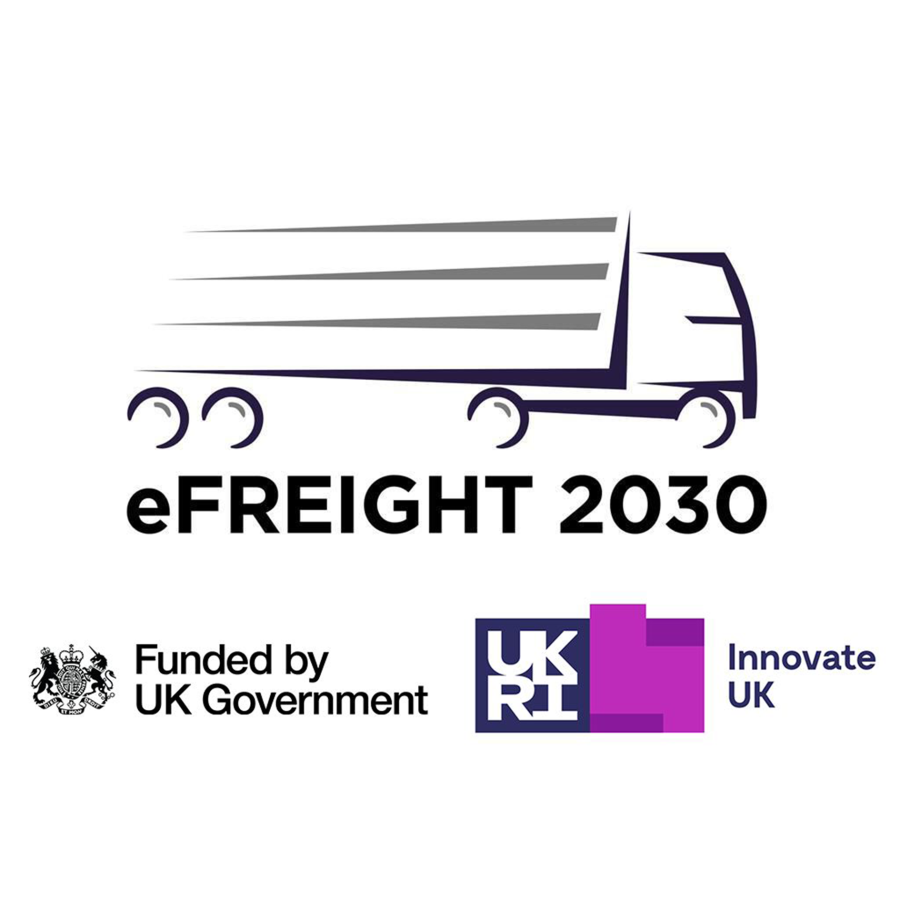Now in their fourth generation of family ownership, Cambridge-based SME, The Welch Group, has come to understand the importance of helping clients meet their own goals through their expert logistics services.
Right now, sustainability is a big focus for all businesses, and they have been ready since last year to support clients with one of the first electric HGVs and their Urban Consolidation Centre near Cambridge.
As Chris Welch, Director of Operations, points out: ‘All organisations in the UK will have to meet Net Zero targets by 2050, and the ones who get ahead by investing now in greener systems, will benefit both their businesses and our planet.’
Welch’s have been sharing their vision and solutions for a greener, cleaner transport industry in the wider arena, and are now incredibly proud to announce their membership of the prestigious eFREIGHT 2030 consortium.
This collaboration underscores Welch’s commitment to advancing sustainable transport solutions, focusing exclusively on battery electric vehicles and relevant charging infrastructure.
The eFREIGHT 2030 consortium has been selected to join the UK Government’s Zero Emission HGV and Infrastructure Demonstration (ZEHID) programme, which aims to kickstart the uptake of zero emissions heavy goods vehicles. It is funded by the UK Government through Innovate UK.
With heavy goods vehicles (HGVs) alone contributing 20% to all transport emissions across the UK, the project has been awarded £49.2 million in government funding and will demonstrate how battery-electric HGVs can replace conventional HGVs at scale, using British technology.
It is also expected to unlock an expected £500m of private investment from consortium members in electric vehicles and charging hubs across the UK by 2030.
Led by Voltempo, the project will use next-generation HGVs from Renault Trucks, DAF and Scania, plus state-of-the-art British-designed 1MW charging technology. It will deliver around 32 megawatt charging hubs, providing the crucial infrastructure to help the haulage sector decarbonise.
Voltempo develop the British designed and manufactured electric HGV megawatt charging system being used as part of the exercise.
The eFREIGHT 2030 consortium brings together some of the UK’s leading specialist logistics providers, alongside familiar High Street names and a number of leading hauliers, all seeking to lead the way in decarbonising their operations and business sectors.
As an SME making moves in the transport sector and the Net Zero arena, The Welch Group team is very excited to be contributing resources and experience to this prestigious venture that is well recognised by the UK Government and big businesses across the country.
They are one of only a very few SMEs involved in the programme and Jamie Sands, Group Operational Support and Systems Manager explains why their experience is so vital to it: ‘We have already been trialling and exploring the feasibility of running these vehicles in an SME hauliers operation and discovering how to make it work for our clients. We can put to the test these new systems in areas such as pallet network trunking and even tramping, once the infrastructure network is in place.’
Chairman of the eFREIGHT 2030 consortium and former Secretary-of-State for Business, Innovation and Skills, Sir Vince Cable said: “We recognise that to create a greener and more sustainable future for road freight transport will require success in developing different zero-emission fuels and welcome the opportunity to demonstrate the contribution which EV technology can bring to bear.”
Work on the eFREIGHT 2030 project began in early 2024 and will take five years to complete.
(Other projects receiving a share of the £200 million boost are Project Electric Freightway by GRIDSERVE, Project Zero Emission North (ZEN) Freight, and Hydrogen Aggregated Logistics (HyHAUL) by Protium.)



